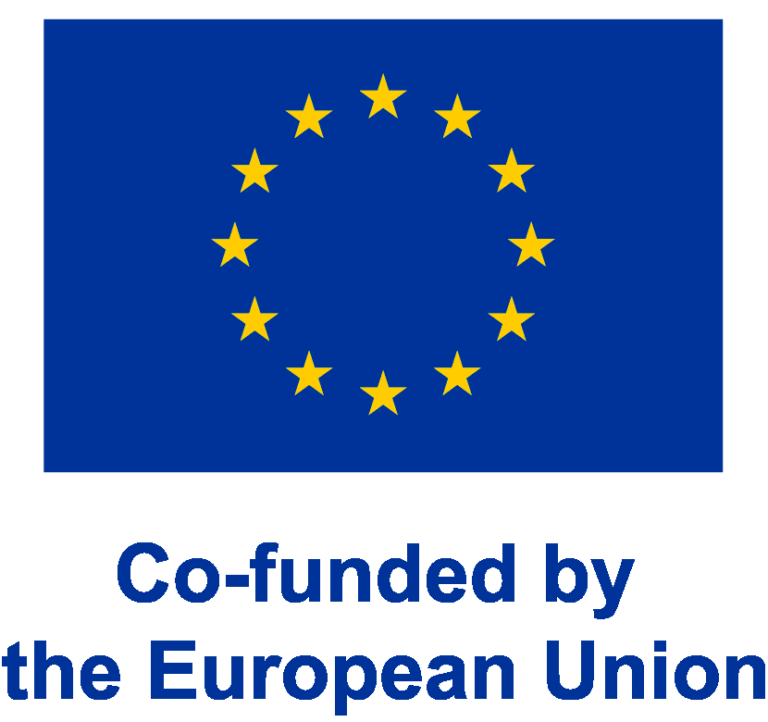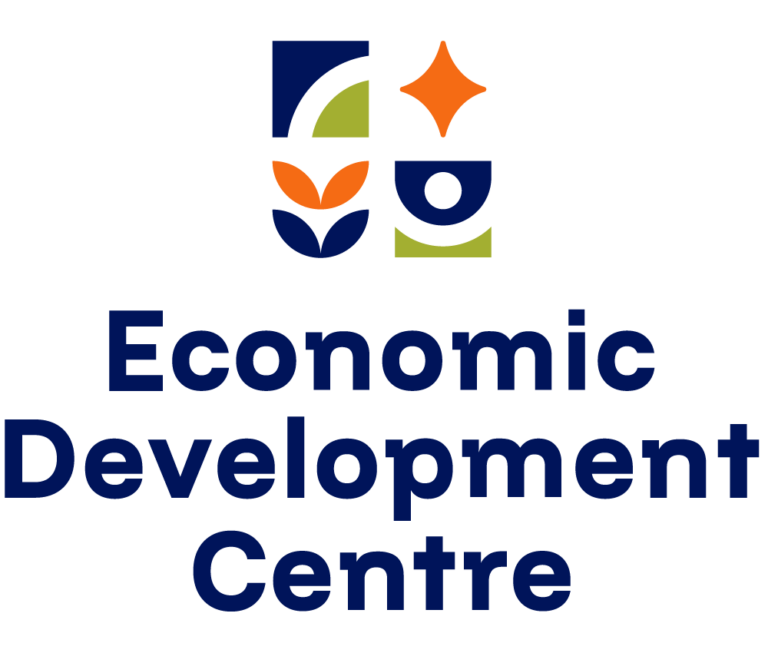
Cultural Knowledge and Digital Skills in Globalising Working Life (CUDIS)
Funders


The project is funded by European Social Fund Plus (ESF+). The project is implemented by University of Eastern Finland.
Contact persons
On the one hand, the digitalization of working life and the transformation of work through information systems are the driving forces of working life, on the other hand, the precondition for successful business is internationalisation. From a business point of view, these realities mean strengthening digital and international competence, especially in small and medium-sized enterprises. Cultural Knowledge and Digital Skills in Globalising Working Life – CUDIS brings together the information and IT-based digital skills necessary for cultural encounters as an educational whole applying them to working life in practice, together with North Karelian companies. In addition to meeting people, it is about meeting people and the machine in globalising working environments.
Diversified language skills, knowledge of cultural encounters and understanding of intercultural communication are needed in all companies in Eastern Finland, regardless of their sector of activity, as international mobility and the proportion of citizens with a foreign background increase. The industry in the region, especially small and medium-sized enterprises, needs support to upgrade both digital competence and international competence. Academic education and its social impact require real working life environments and working life connections, in particular business cooperation, in order to increase the applicability of knowledge and skills acquired in education. CUDIS responds to these current challenges.
CUDIS strengthens the cooperation between companies operating in North Karelia and the UEF in the field of communication and communication technology. As a result, companies in the region are better equipped to operate successfully in international environments, both at home and abroad. Academic education, on the other hand, is linked to the practical issues of working life through the project. This will enable training to meet the needs of working life in the region. The strengths of computer science graduates include IT system management, software competence and data analytics. As technologies develop, a deeper understanding of human interaction, people as technology users and customers is needed in the IT sector. The strengths of graduates from humanities include profound understanding of interaction and communication, as well as foreign languages and language use in different situations. Similarly, in the development of humanities education, attention needs to be paid to the development of students’ digital skills and the understanding of digital culture and its change.
The activities of the project include: (1) the digital and international competence assessment service provided to enterprises and the development plan based on it. The evaluation is based on VTT (Digitability Tool) and Business Finland (Talent Boost meter). 2) The digitalisation of enterprises is reinforced by workshops where student groups address the development needs of enterprises. 3) Common training days for enterprises and students to increase the level of digital and international competence. 4) Joint think tanks of business and research representatives dealing with the identification of changes in working life and early signals of future knowledge. The action supports the concept of strategy work. The aim is to propose a measure to maintain a high level of digital competence and internationalisation.
The cross-sectoral cooperation of CUDIS provides skilled labour, new jobs and internationally competitive high-quality services and products for companies. The project provides operational and educational solutions for companies in Eastern Finland that promote digitalisation and the internationalisation of business. In its regional impact, the project strengthens the vitality of the province.
Contact persons
Project Manager
Project Coordinator
Project Advisor
Other group members
-
Oona Järvinen Project Secretary


